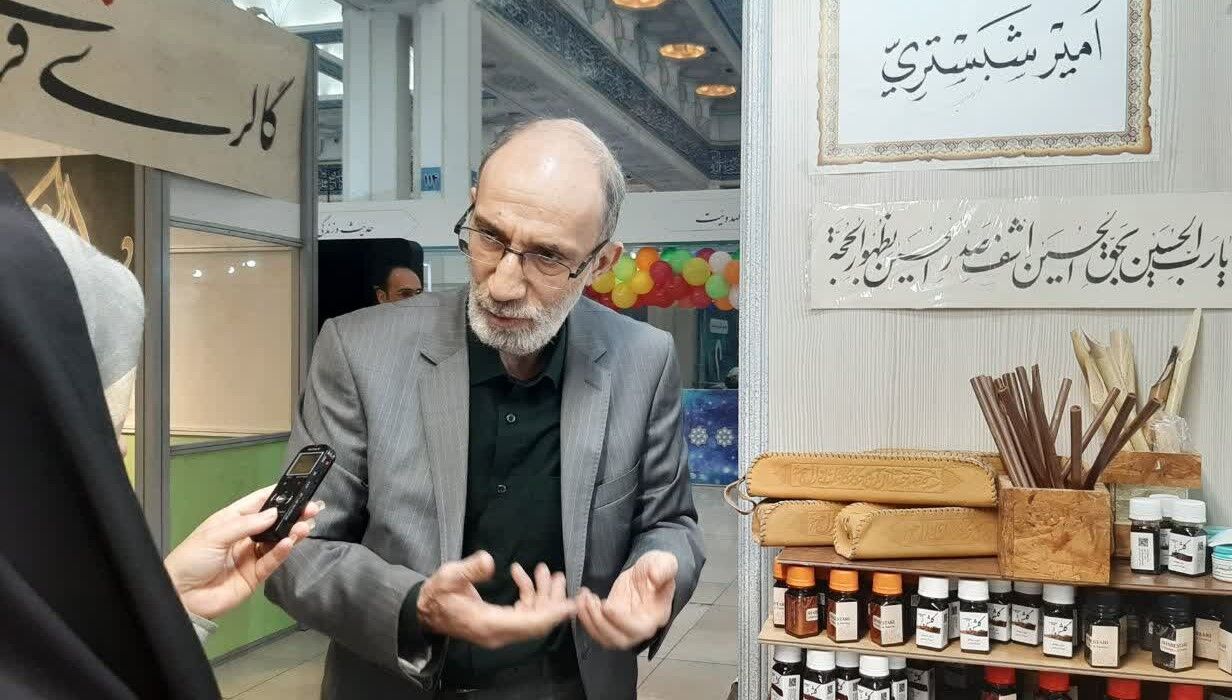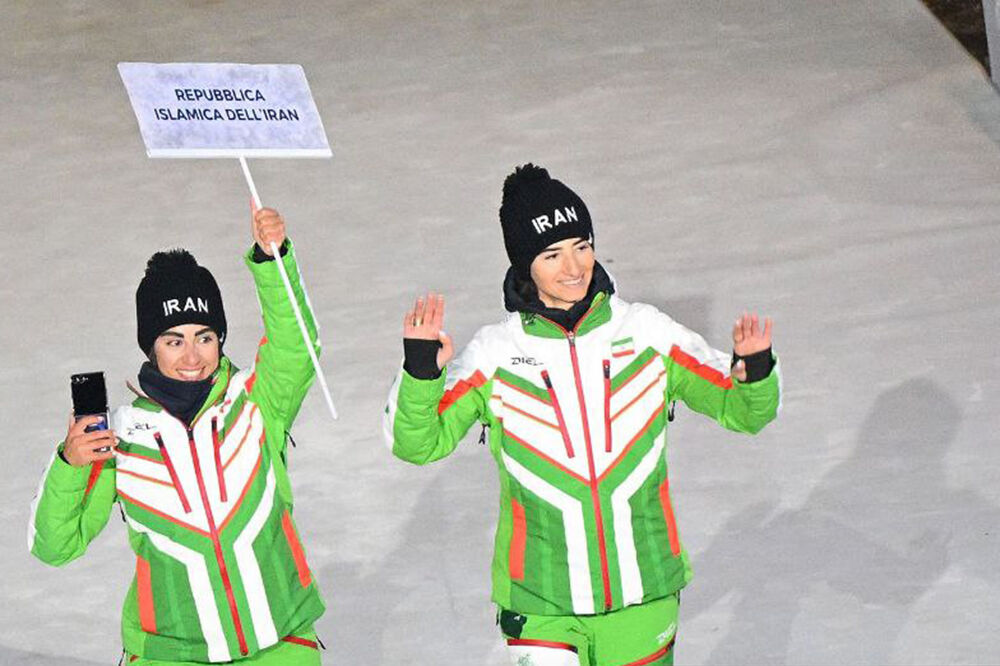Francesca Albanese says Starmer helped 'manufacture' consensus for Israeli genocide
Francesca Albanese says Starmer helped 'manufacture' consensus for Israeli genocide

The UN special rapporteur on the occupied Palestinian territories has accused British Prime Minister Keir Starmer of enabling Israel's genocide in Gaza, accusing the British government of helping to "manufacture consensus" domestically on the matter.
Speaking in an interview with Middle East Eye's Expert Witness podcast on 3 November, Albanese discussed the findings of her latest report, Gaza Genocide: A Collective Crime.
The report, presented to the UN General Assembly last month, accused 63 states of enabling Israeli breaches of international law.
It said the UK "has played a key role in military collaboration with Israel, despite internal opposition".
The report pointed to Britain having flown "over 600 surveillance missions over Gaza throughout the genocide, sharing intelligence with Israel".
It also added that the fact these flights often coincided "with major Israeli operations suggest detailed knowledge and cooperation in the destruction of Gaza, extending beyond hostage rescue".
Albanese added that Britain "threatened [the International Criminal Court's] funding" under the previous Conservative government.
That accusation cites Middle East Eye's revelation in June that in April 2024, in a phone call with ICC Chief Prosecutor Karim Khan, then-Foreign Secretary David Cameron privately threatened to defund the court if it proceeded with arrest warrants for Israeli leaders.
Starmer's support for siege
"The UK is one of those interesting cases where the political leadership has helped manufacture consensus around the war that Israel has unleashed against the population of Gaza," Albanese told MEE.
She took aim at Starmer in particular, noting his background as a human rights lawyer.
"I heard the current prime minister, when he was the leader of the opposition, saying that the curtailing of essential services [in Gaza] was justified – that it was in Israel's prerogatives – which is absolutely incorrect from a legal point of view," she said.
In October 2023, Starmer said in a radio interview with LBC that Israel "has the right" to withhold water and electricity from besieged Palestinians in Gaza.
He never publicly apologised, but reportedly did so in private to his cabinet colleagues.
Albanese said Starmer "has used his credentials as a lawyer who is an expert on genocide – because he has litigated genocide cases before the International Court of Justice – to dismiss that in Gaza there was an ongoing genocide.
"This is at odds with what he should know: that the moment the [ICJ] recognised the risk of irreparable harm to the Palestinian people in Gaza under the Genocide Convention, there is an obligation for member states to intervene, and therefore not to aid and assist in the commission of what could plausibly be a genocide."
Albanese continued: "So it's not ignorance. It is wilful participation in the creation of the conditions that have enabled the genocide, that have allowed the genocide to continue."
Ban on Palestine Action
The special rapporteur further denounced what she called the Labour government's moves to "punish civil society and activists against the genocide".
She said the recent ban on direct action group Palestine Action as a terrorist organisation has created a "climate of complicity".
"I do not dispute that the methods used by Palestine Action might cause damage. I don't dispute that they might trespass [beyond] what is legally acceptable. But framing this as terrorism is beyond what terrorism is and constitutes," she said.
"The fact that the government makes a deliberate choice to target civil society action as terrorism, or to go after journalists who are investigating the genocide on charges of terrorism, while continuing to support the state that uses and practises terror against a virtually defenceless population, creates a climate of complicity."
Significantly, Albanese said she believes there is enough evidence "to prompt an investigation that might allow national actors to decide" whether to bring a case against British ministers.
"I would also note that in order to have a case before the ICJ, you need a state to take action against the UK.
"But you can also have domestic judicial proceedings - against figures who have authorised certain acts, or who have omitted to take responsibility for given measures. So again, I do believe it is about time for the justice system to put itself to work."













